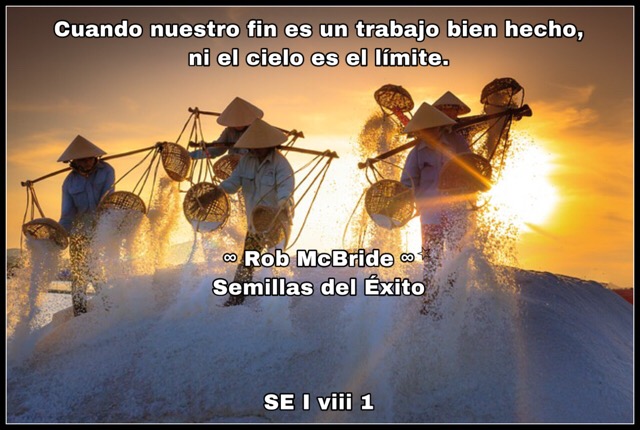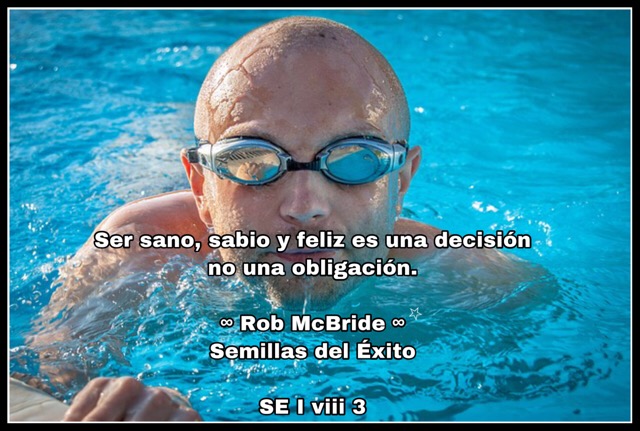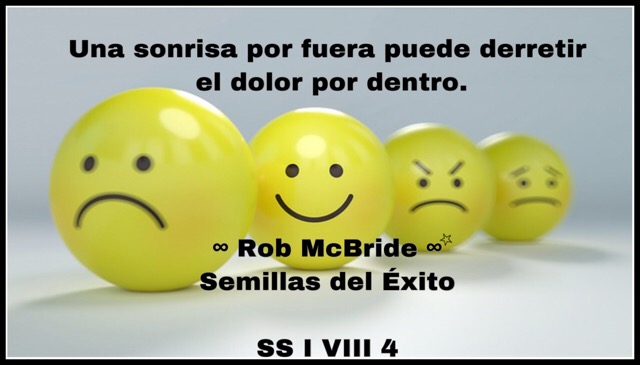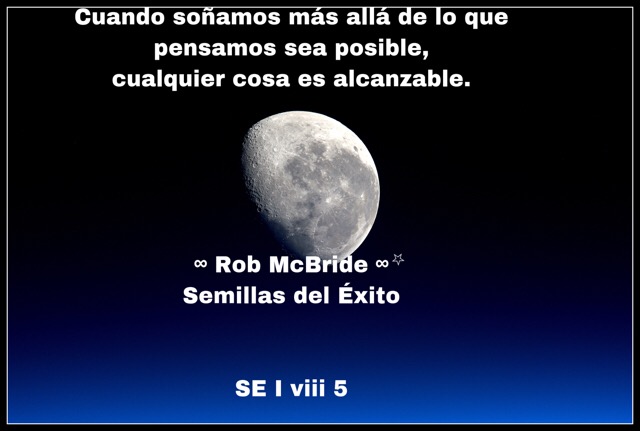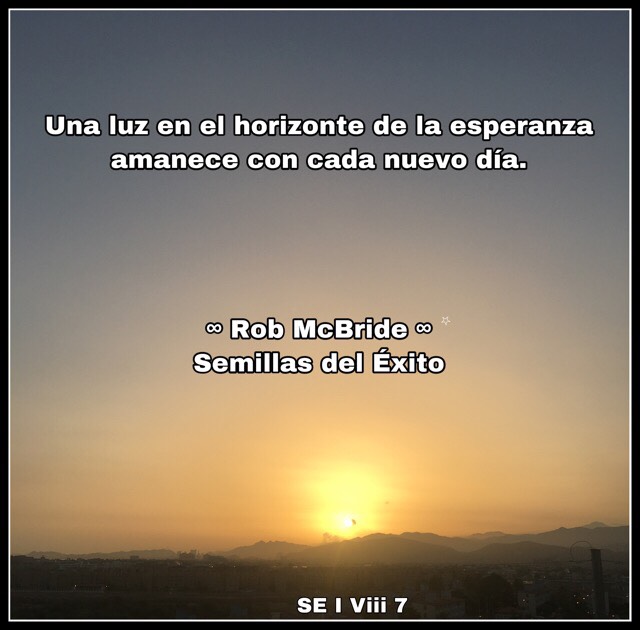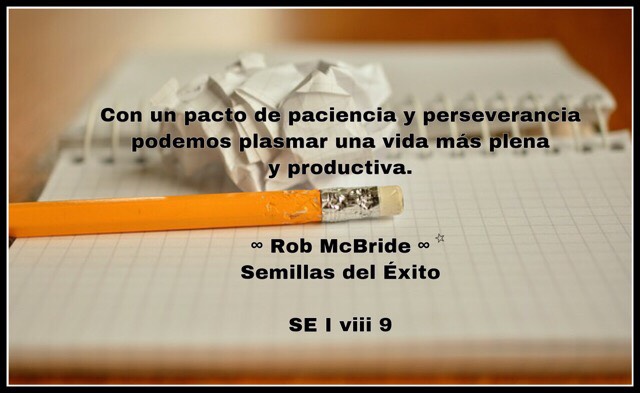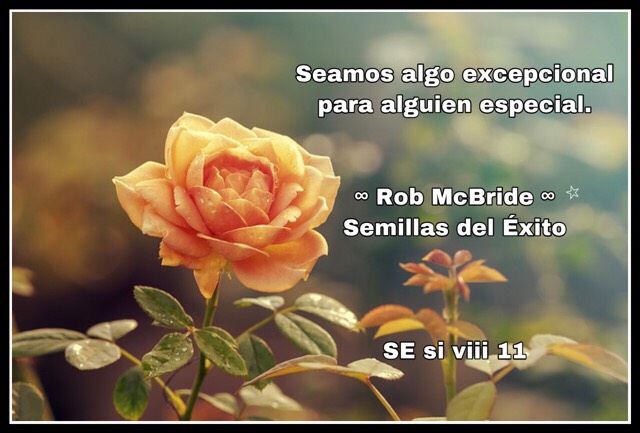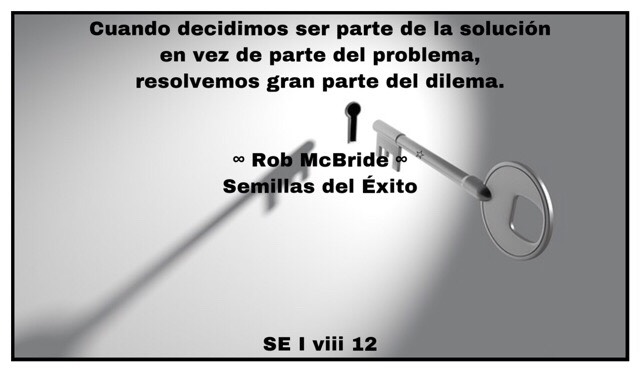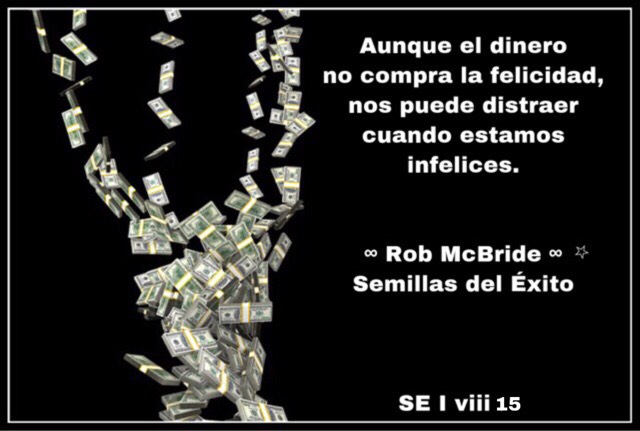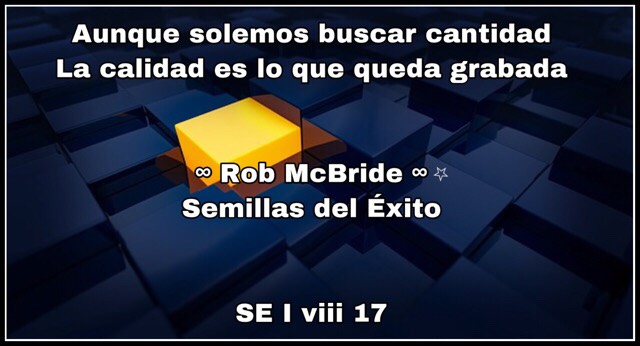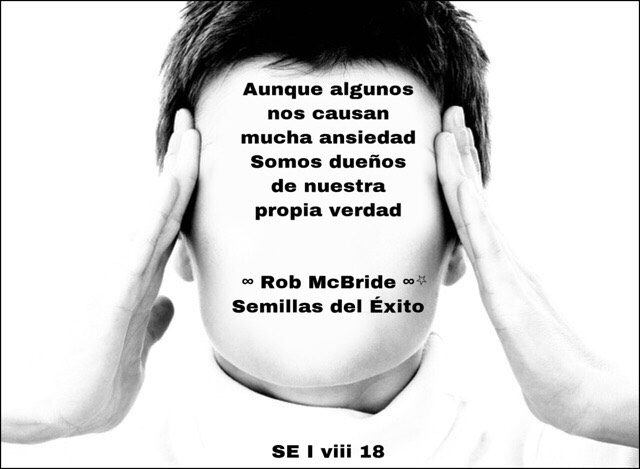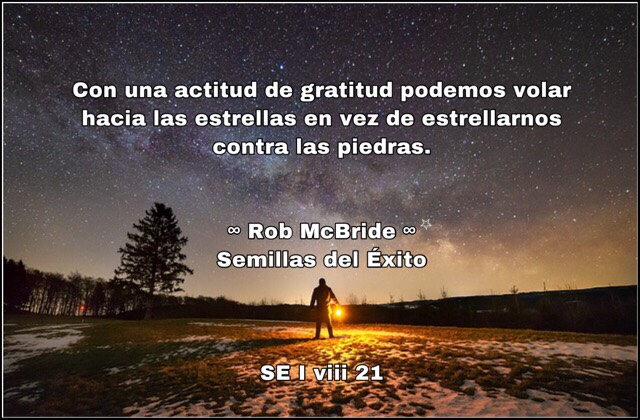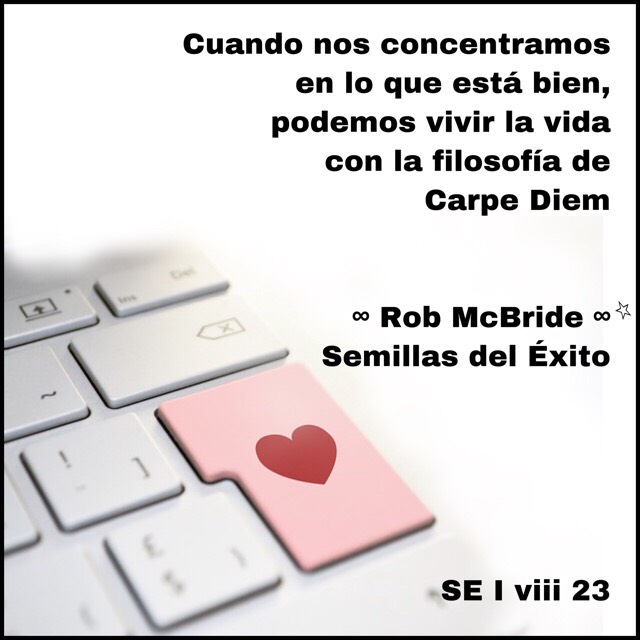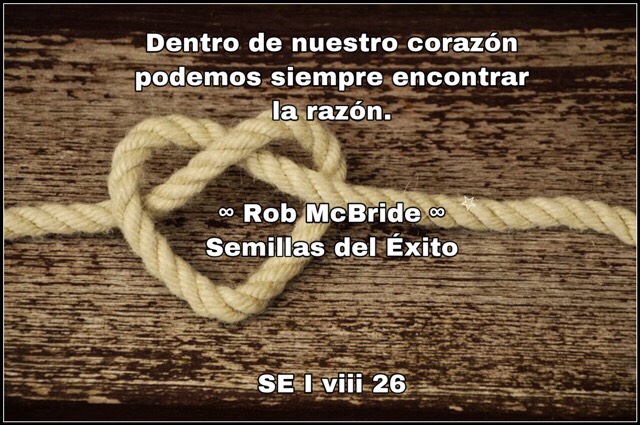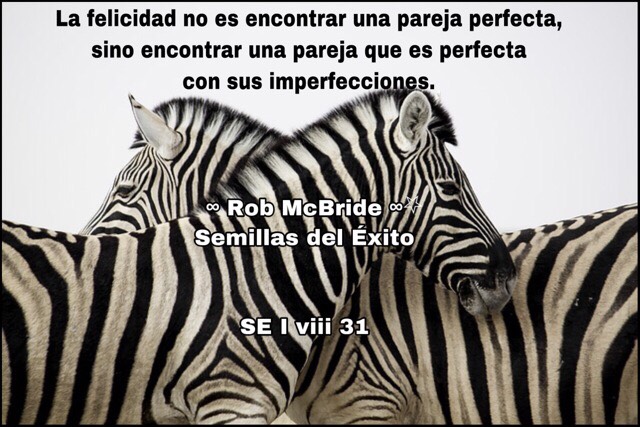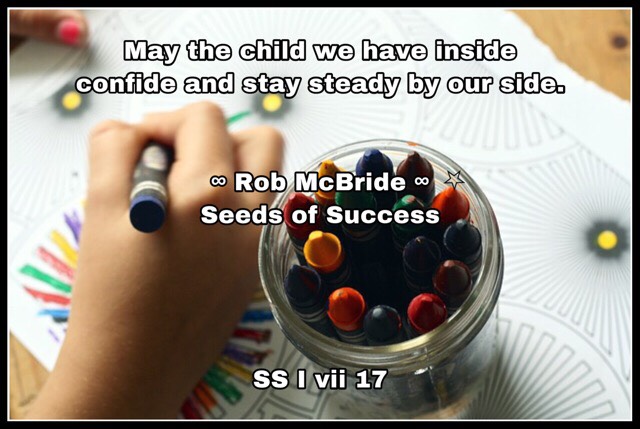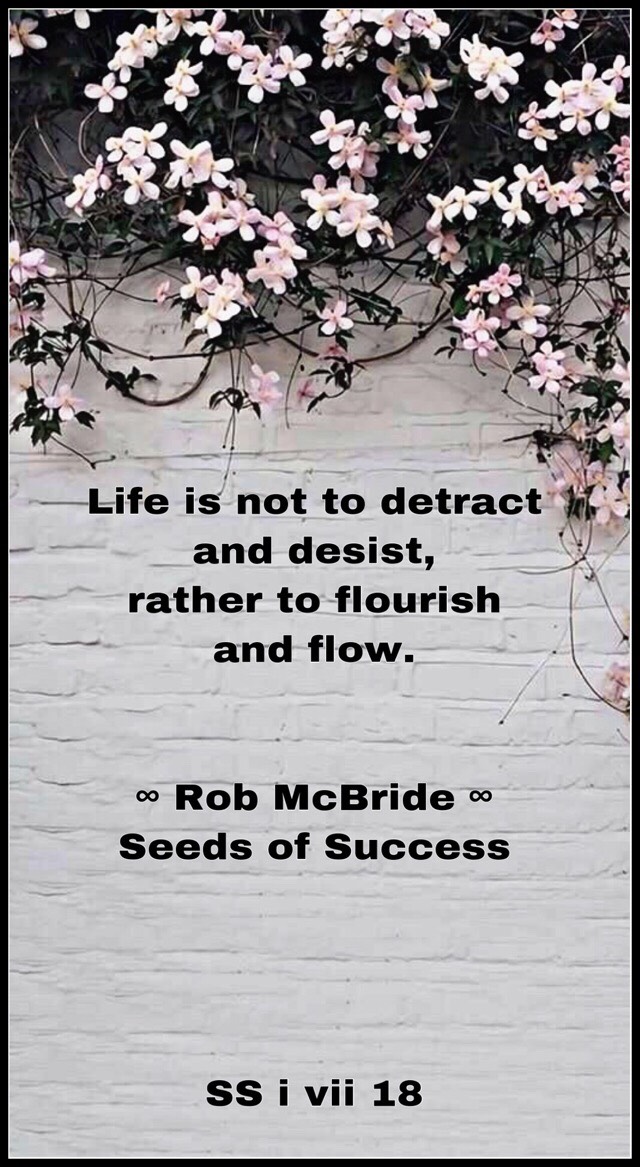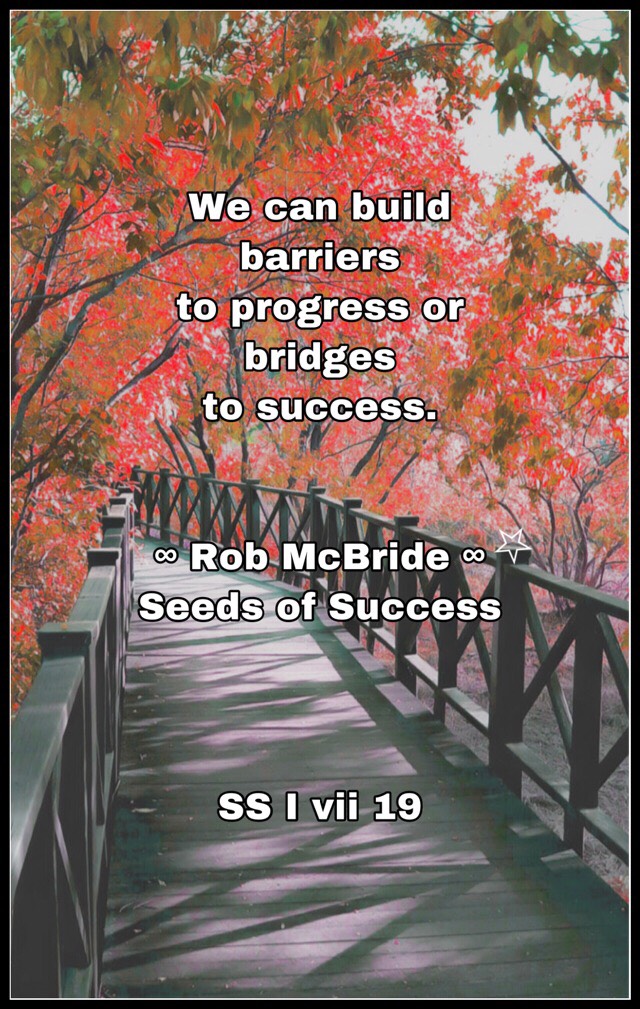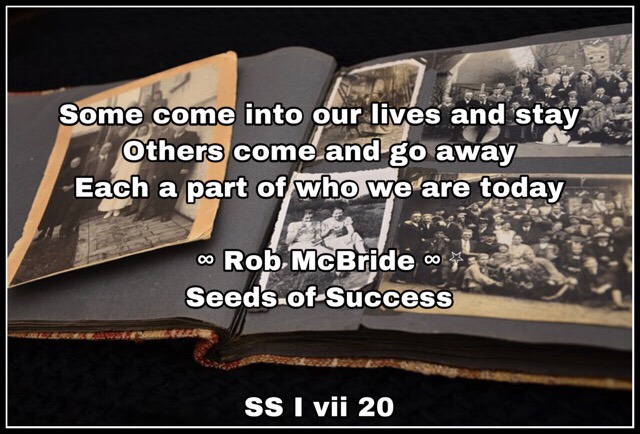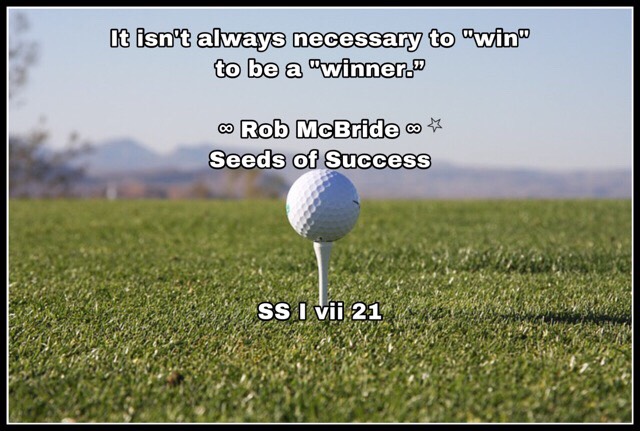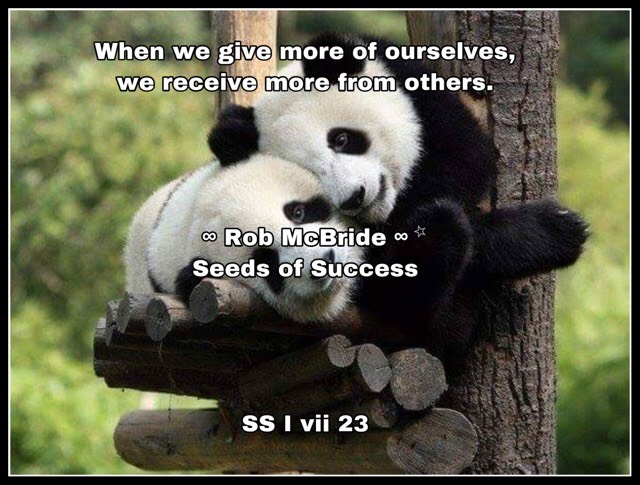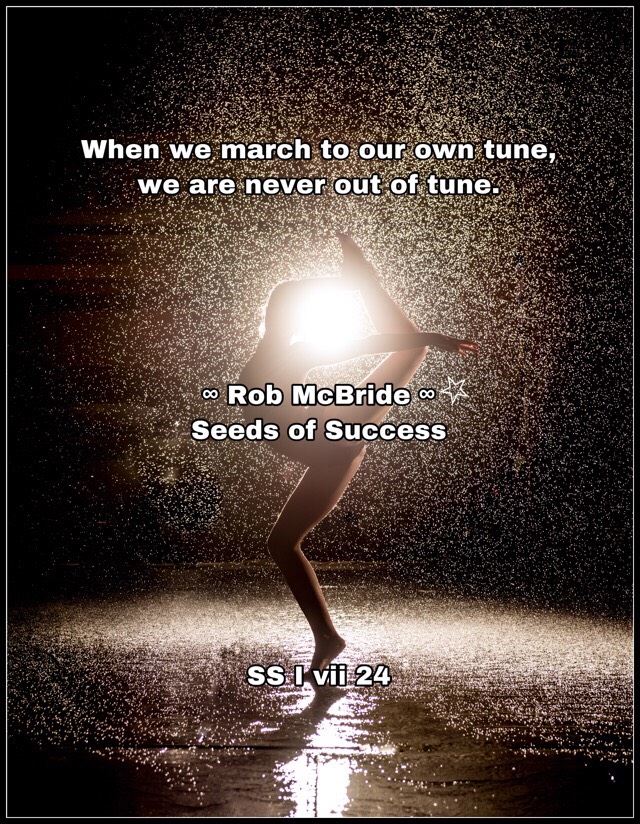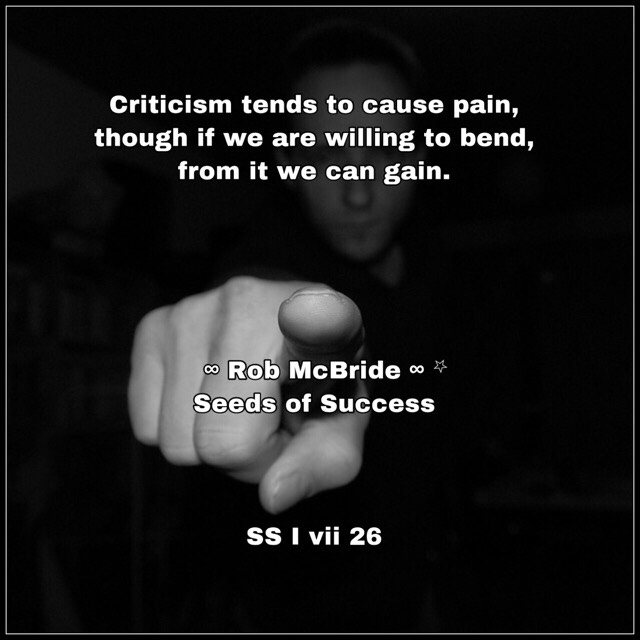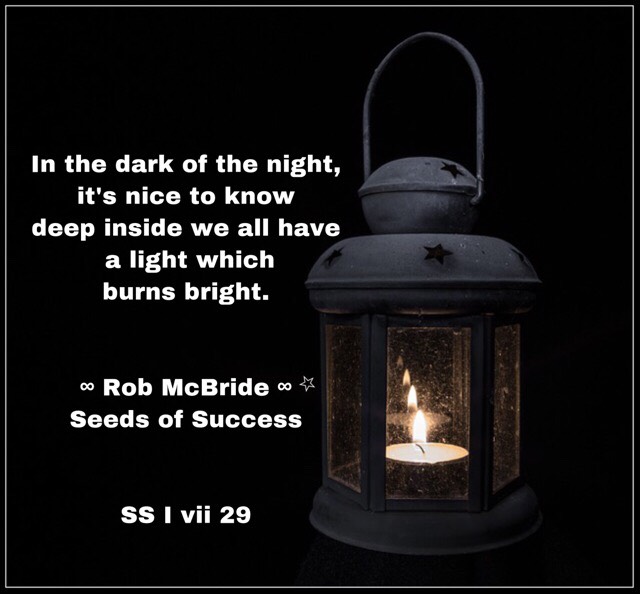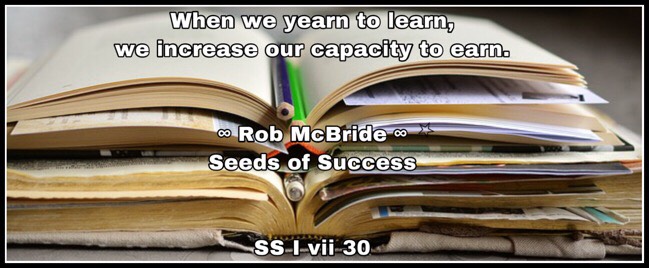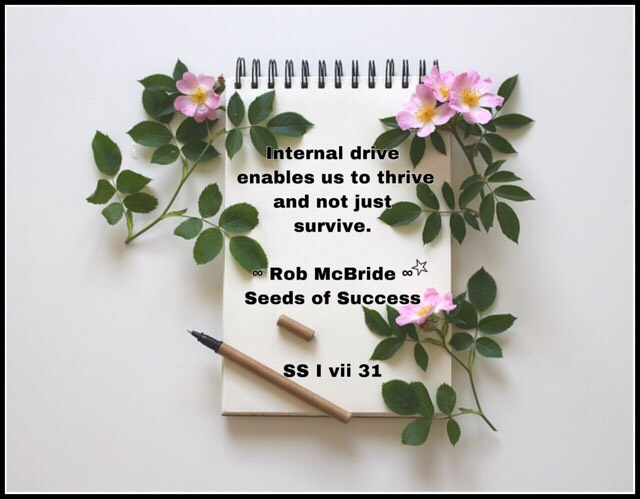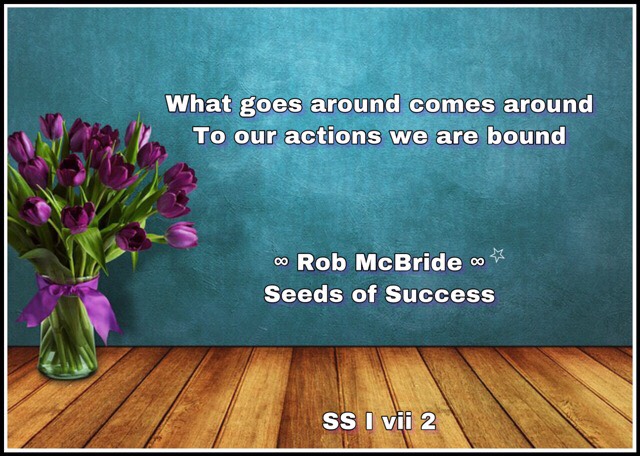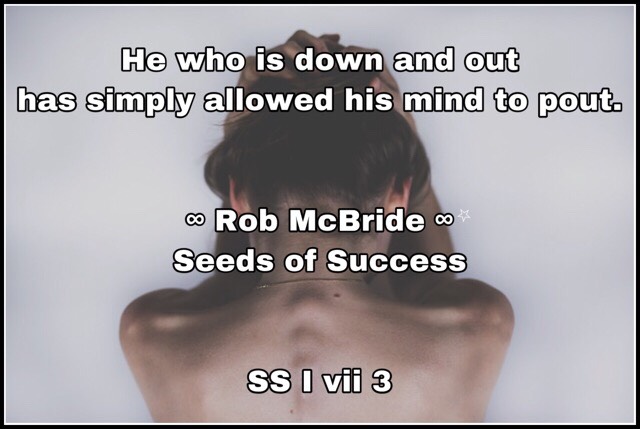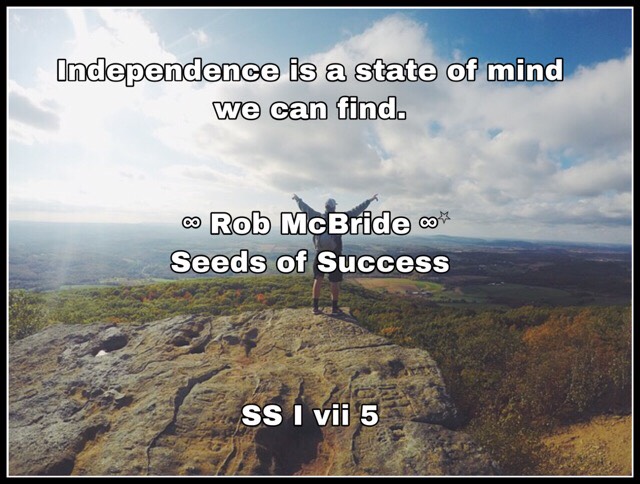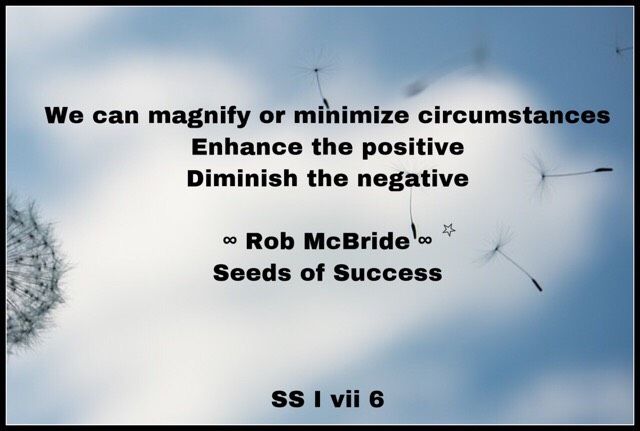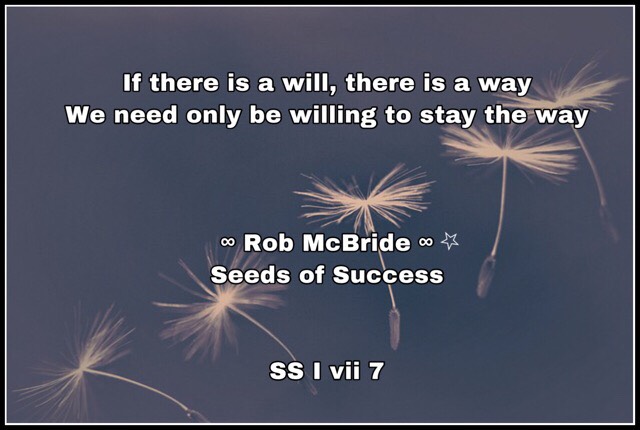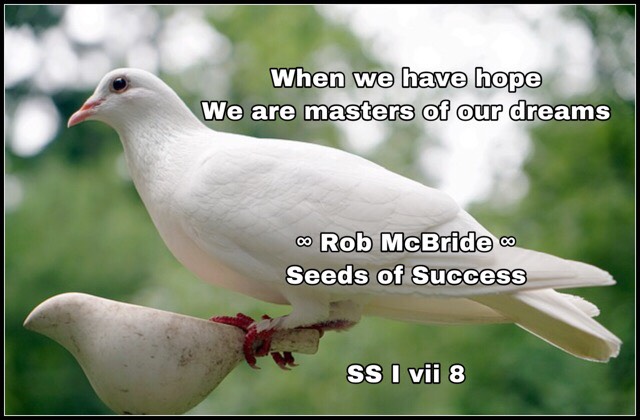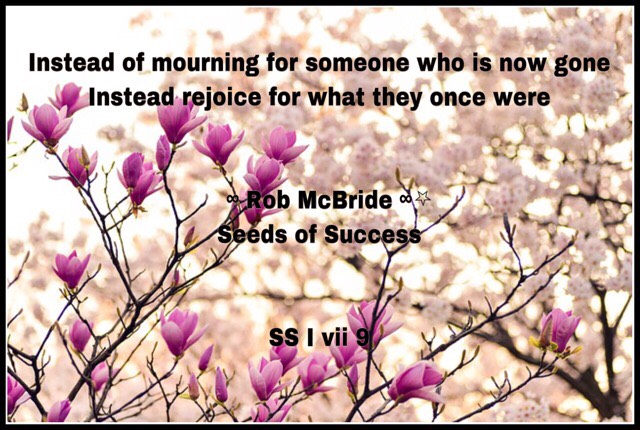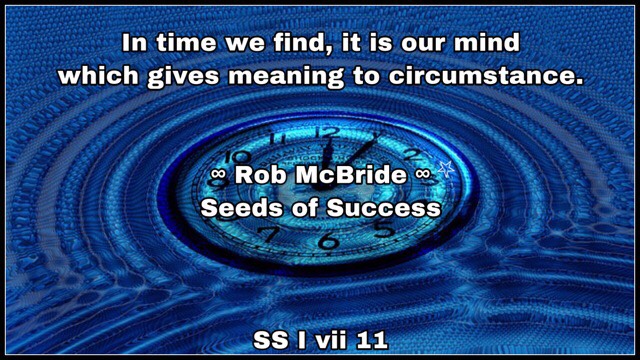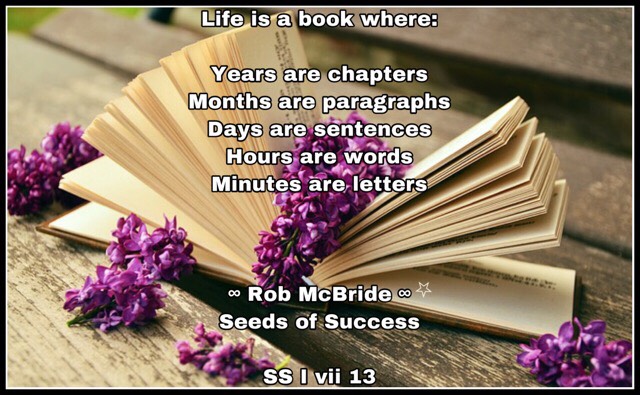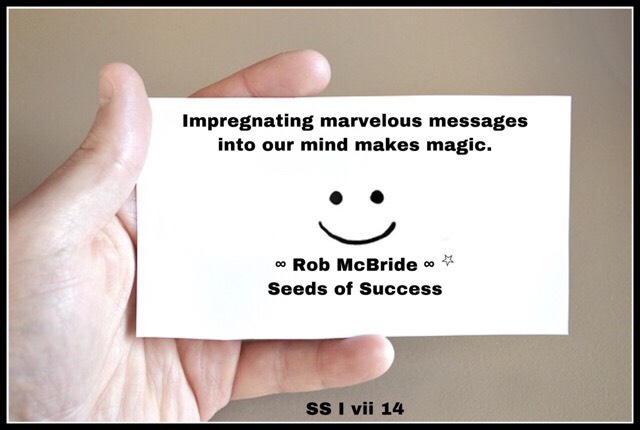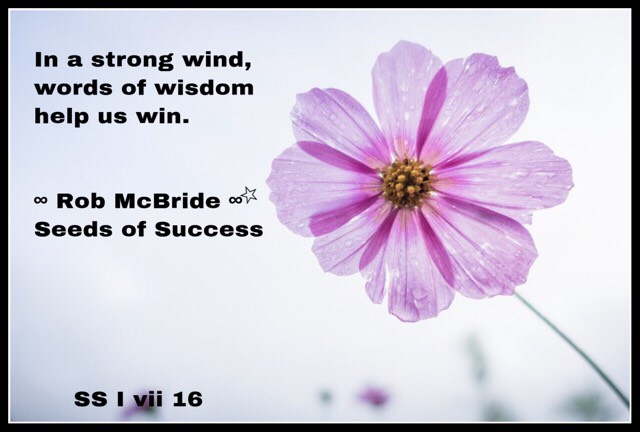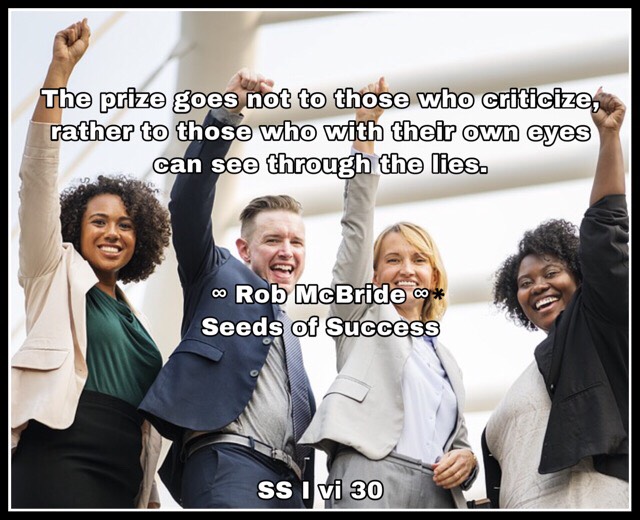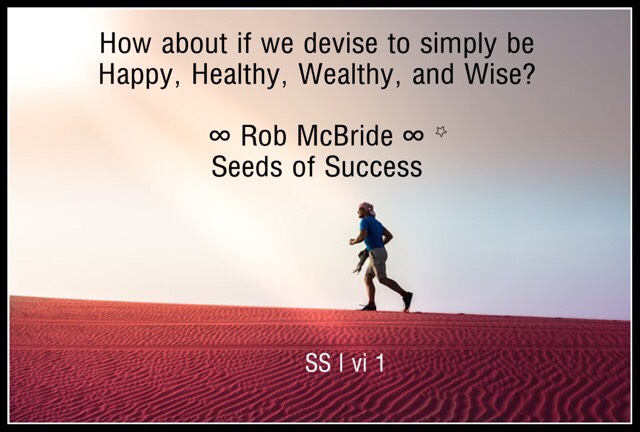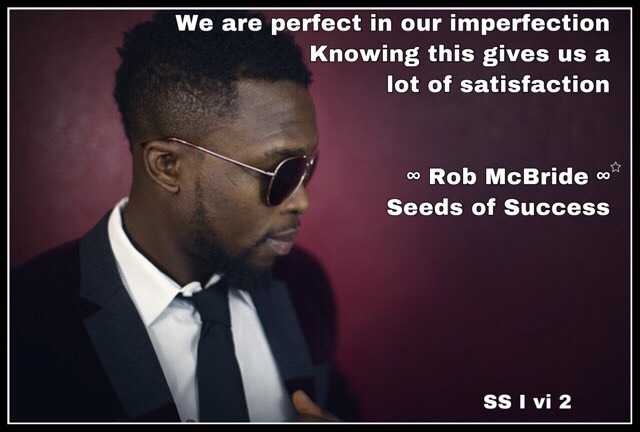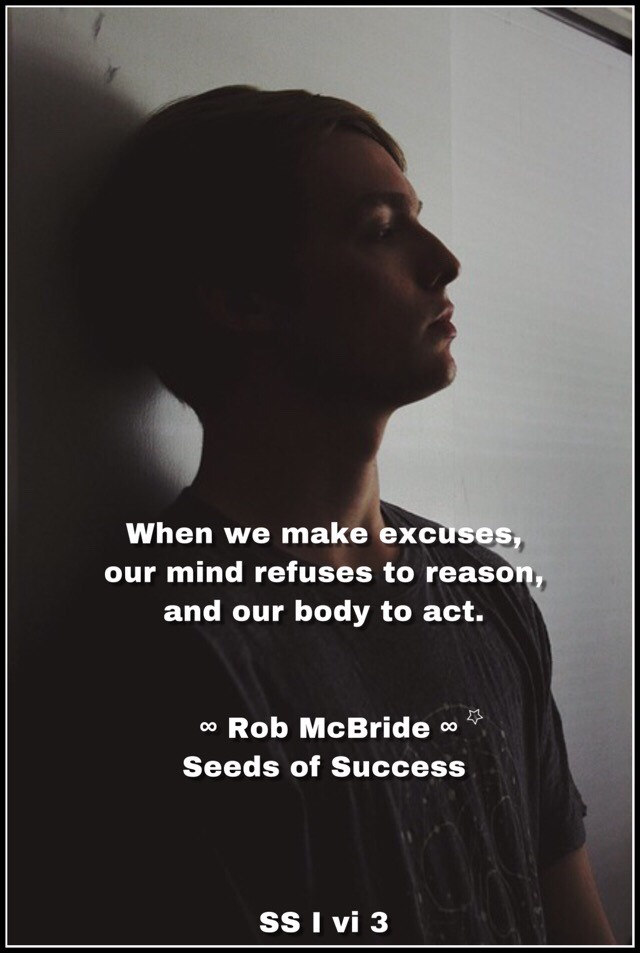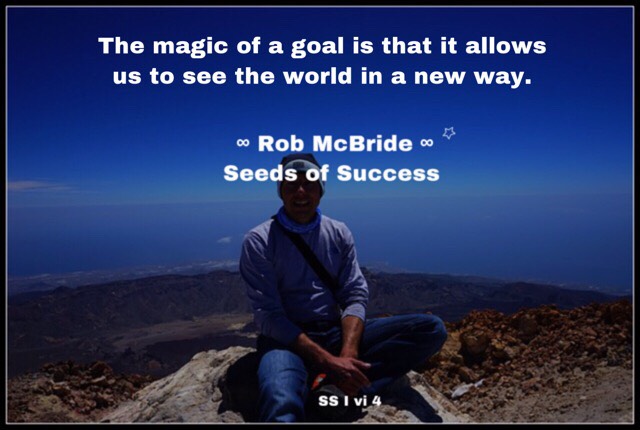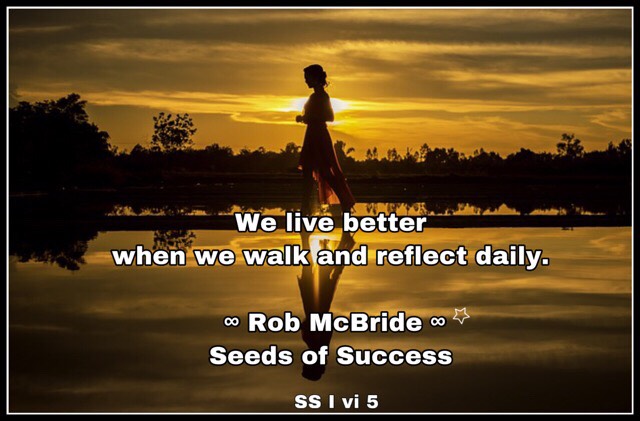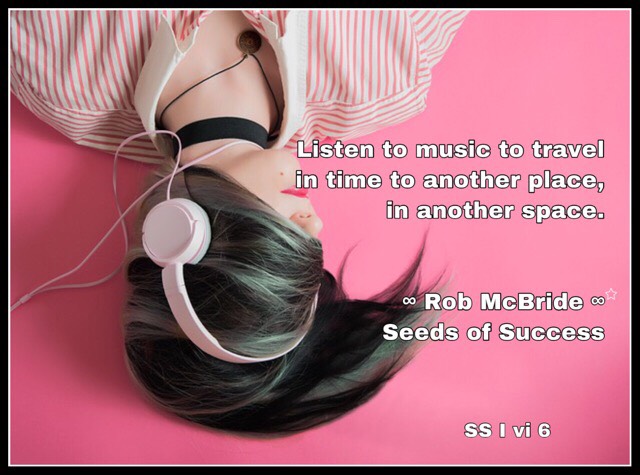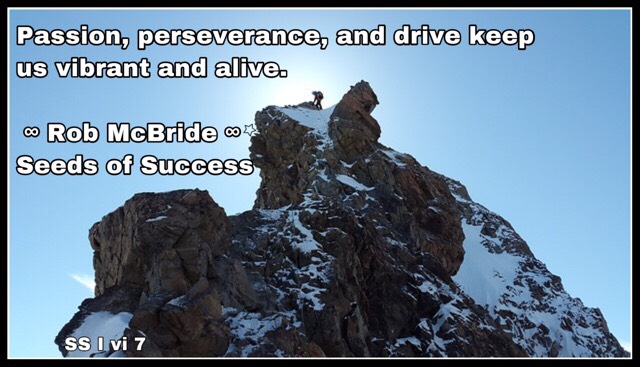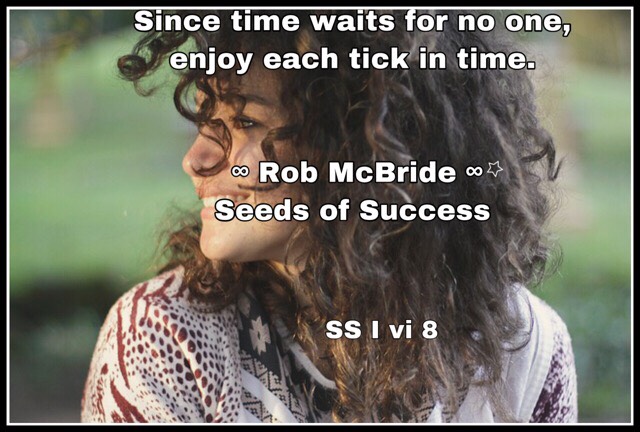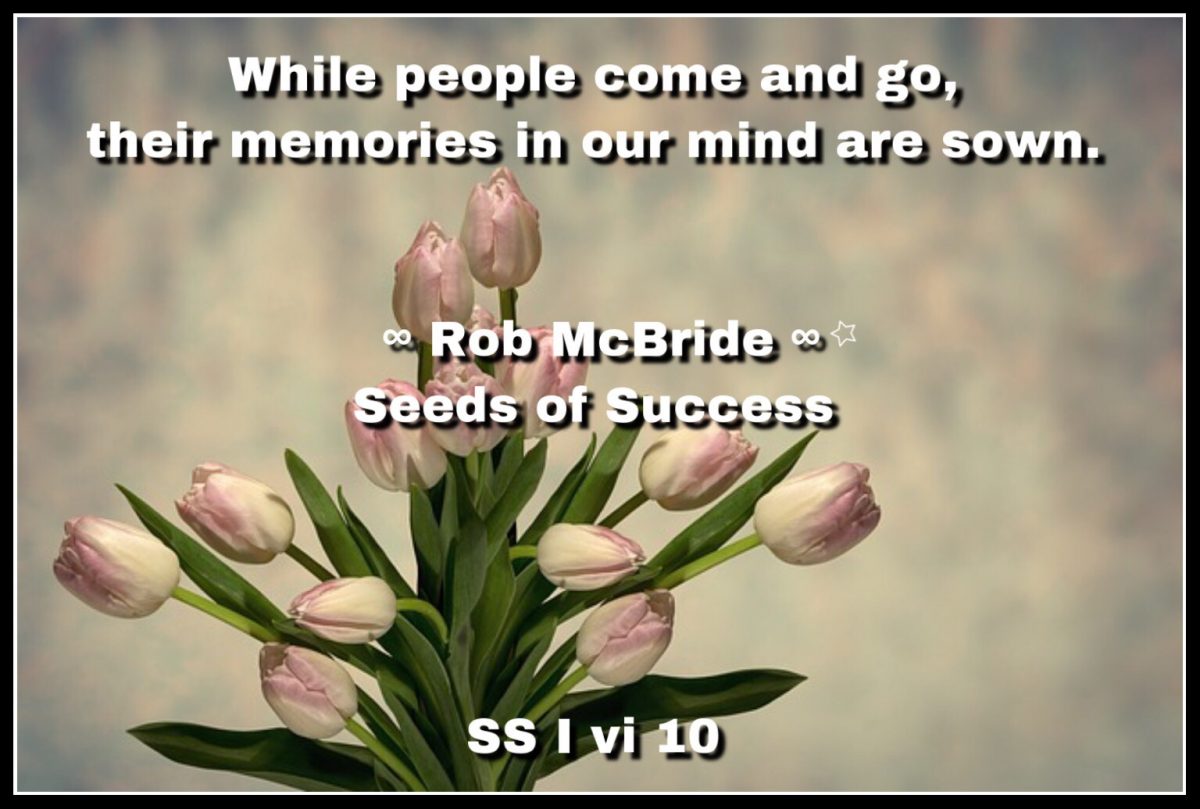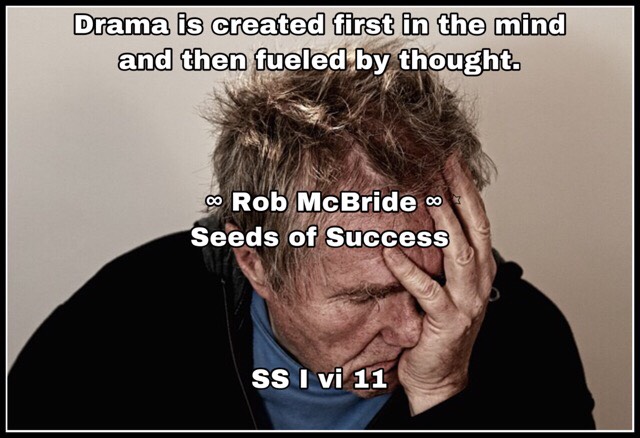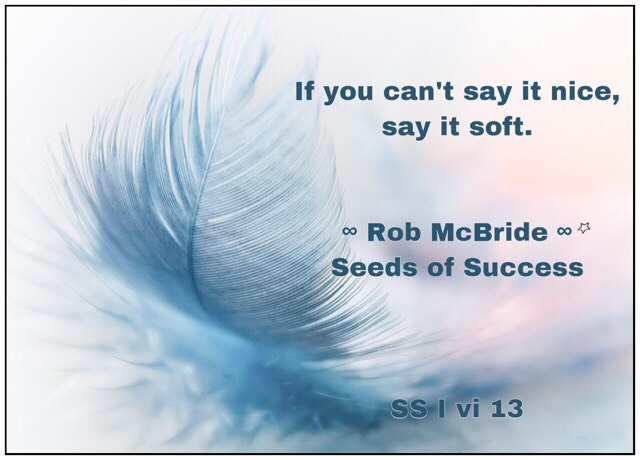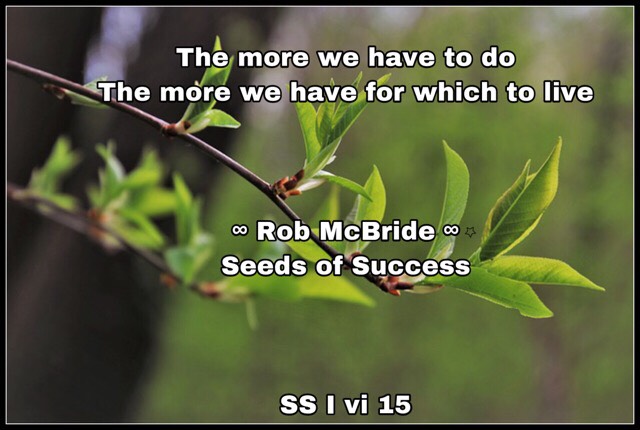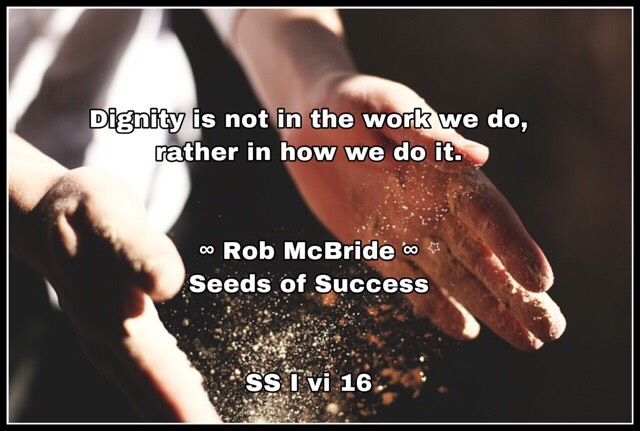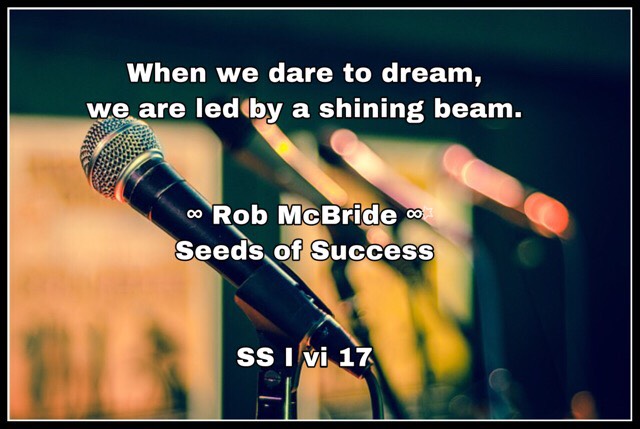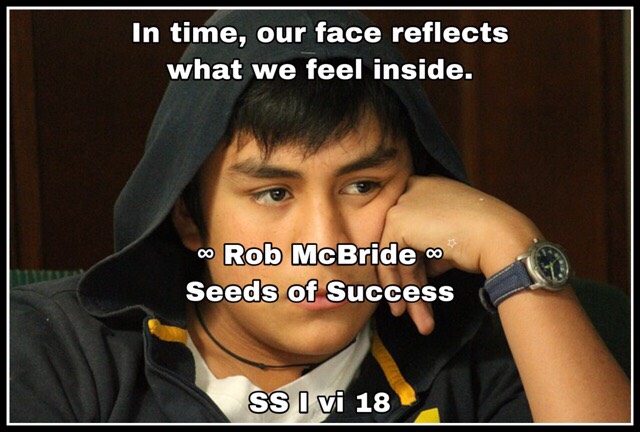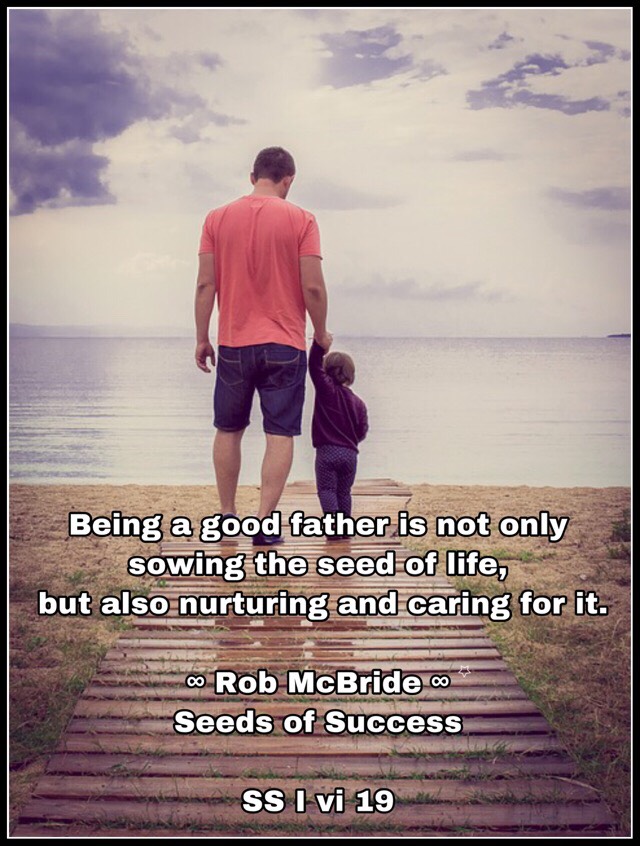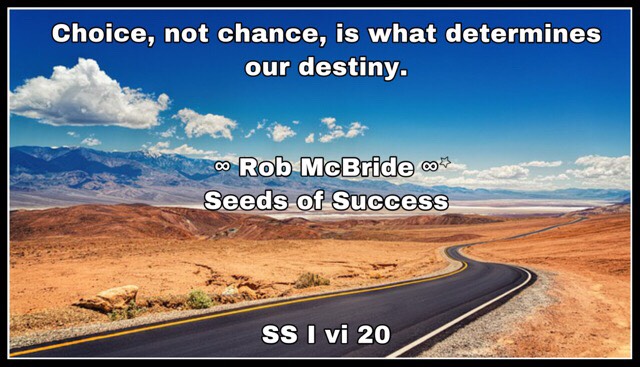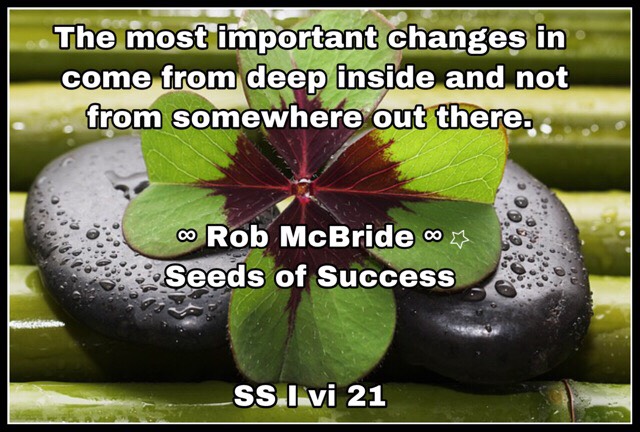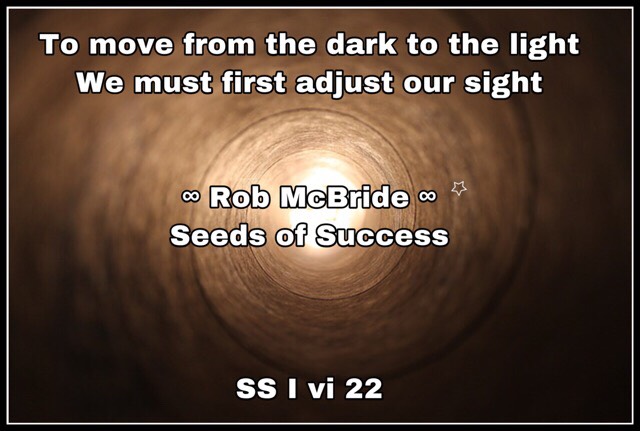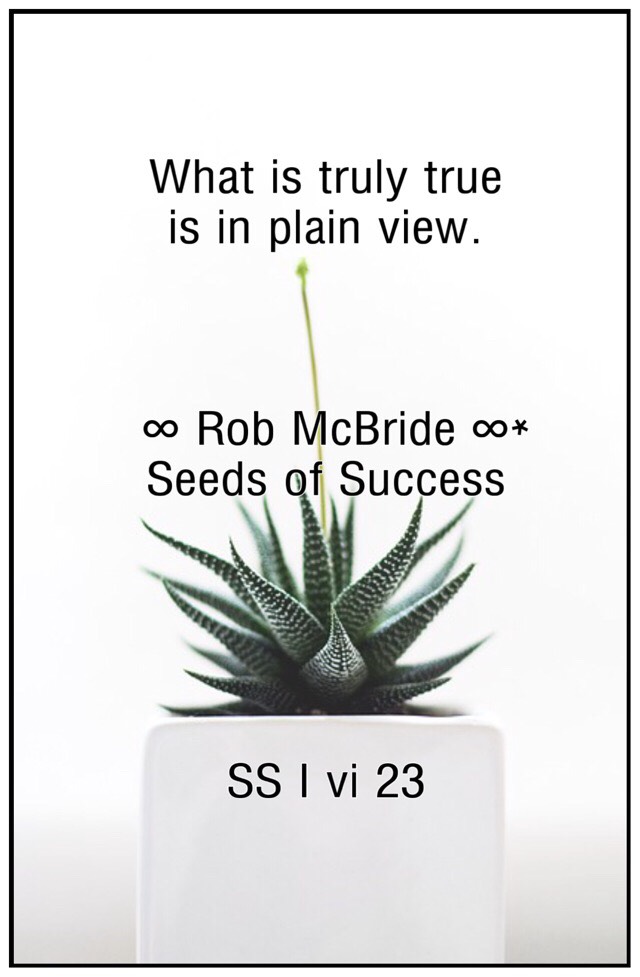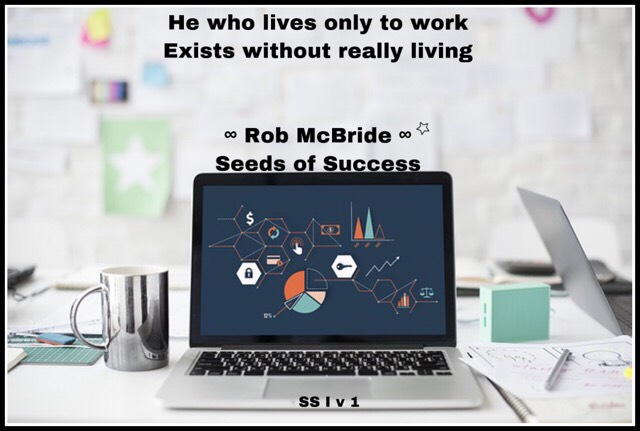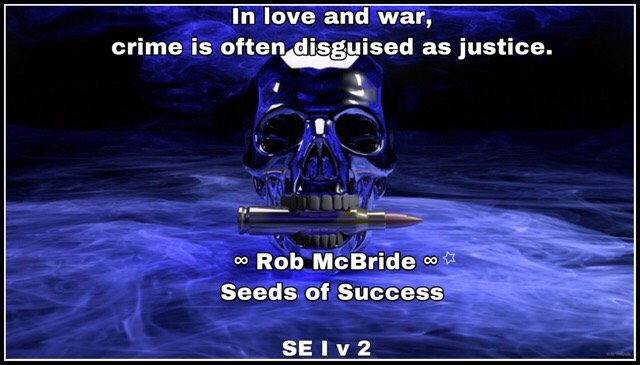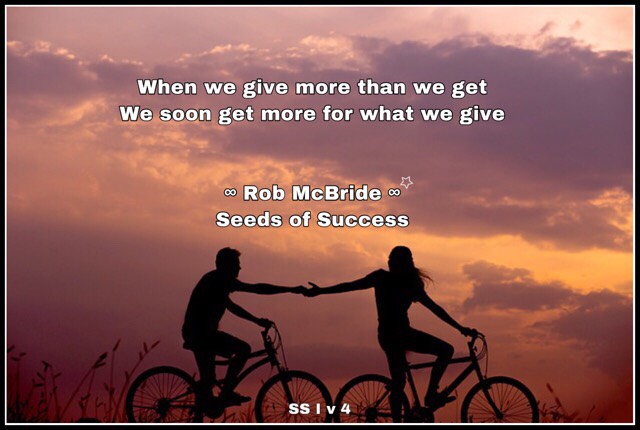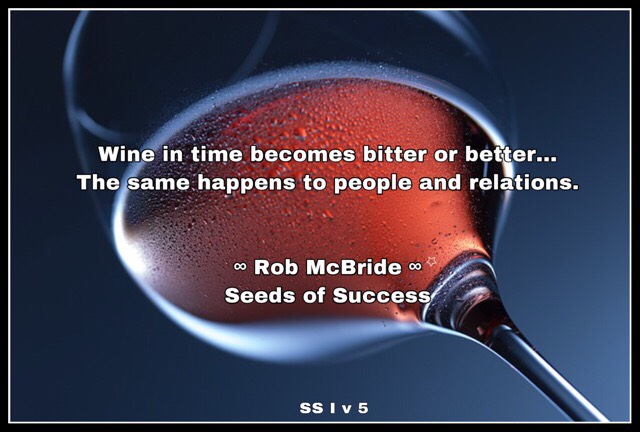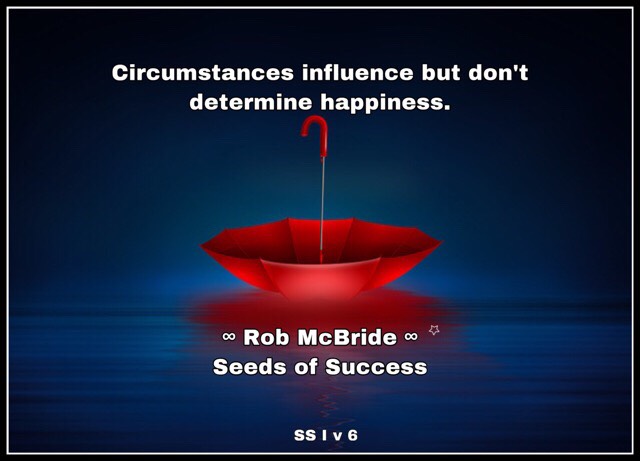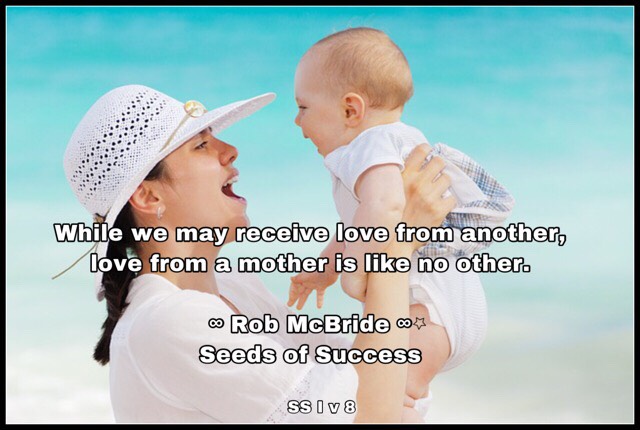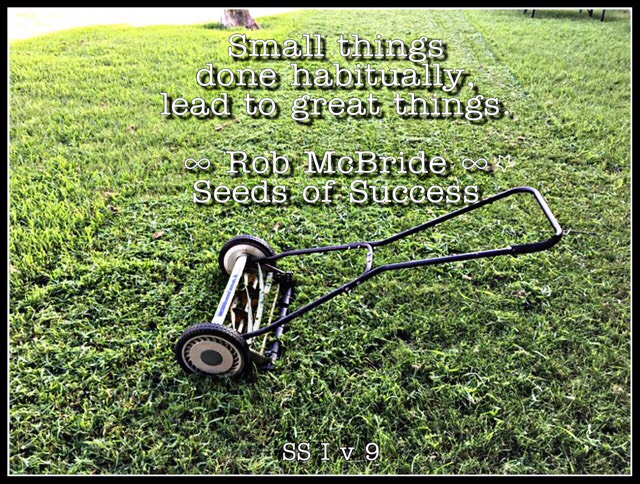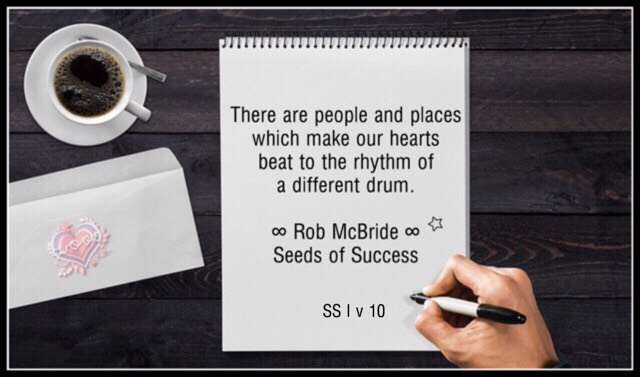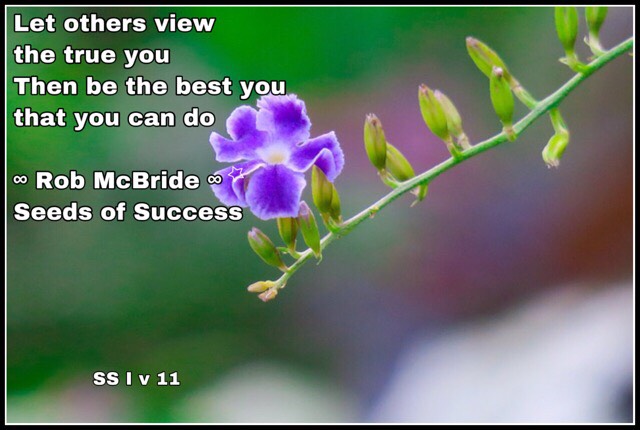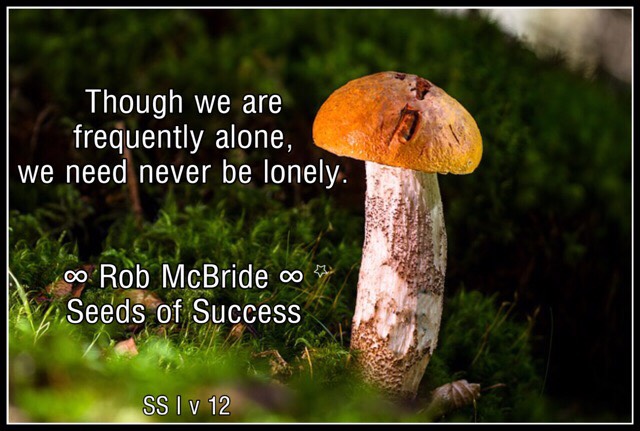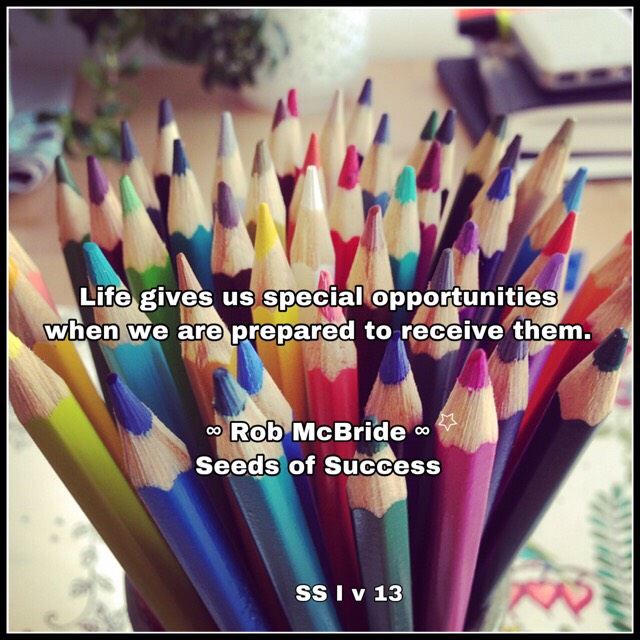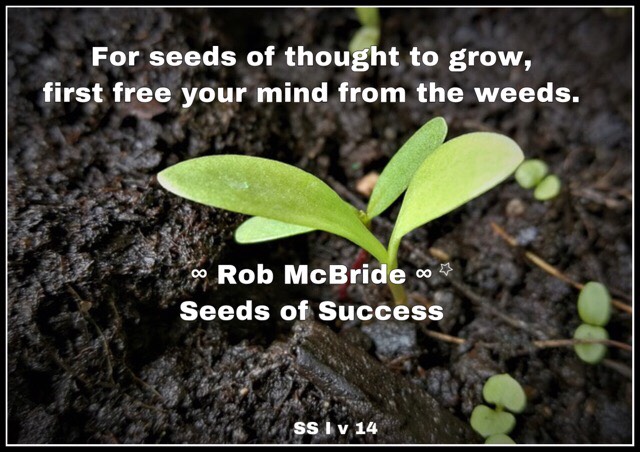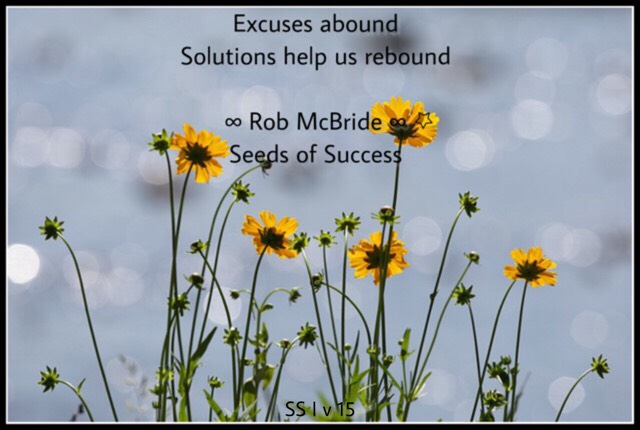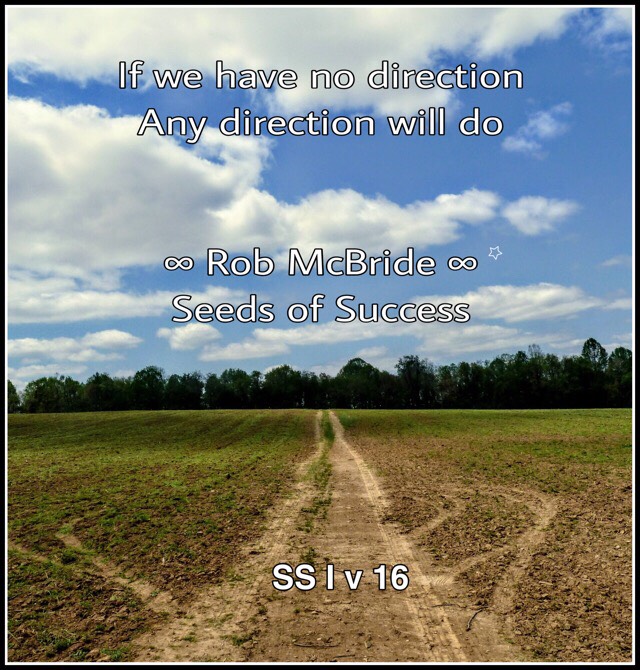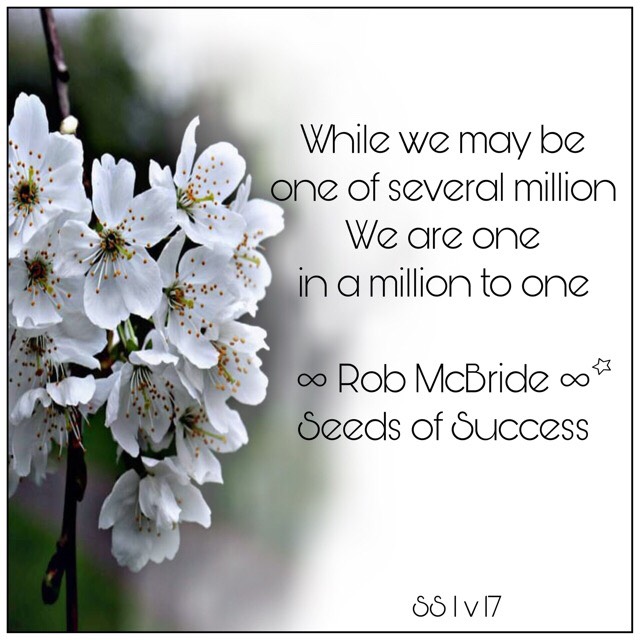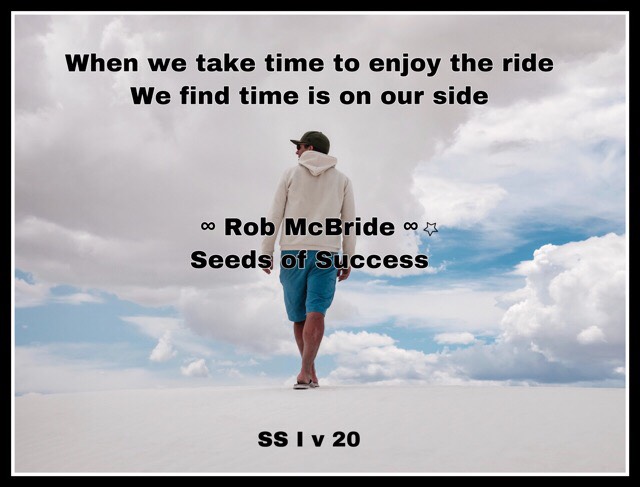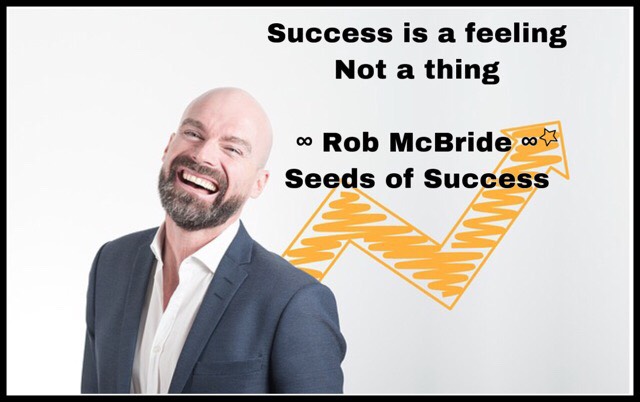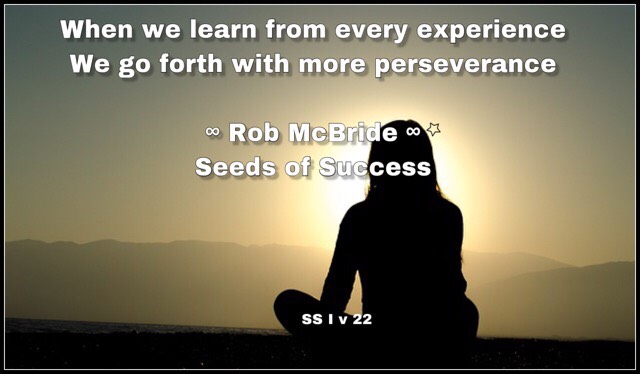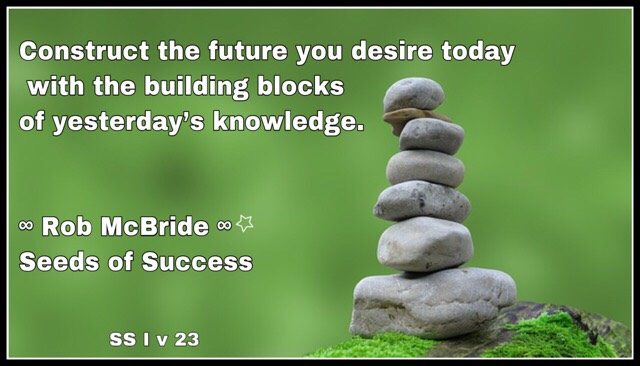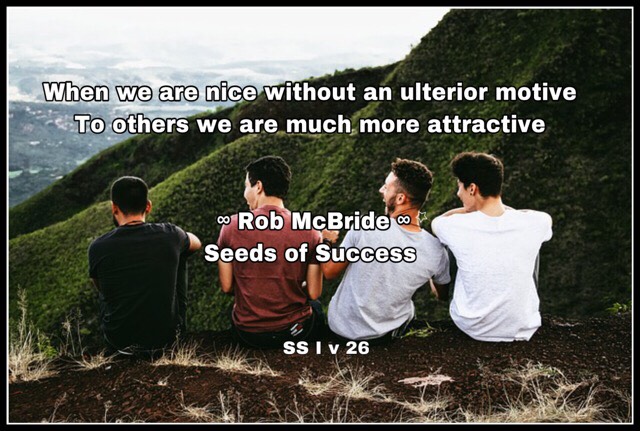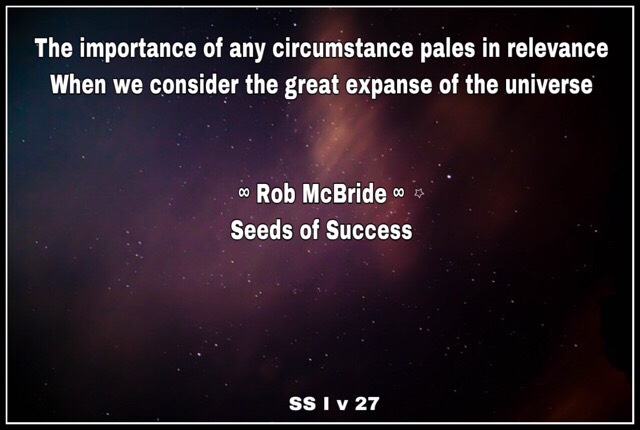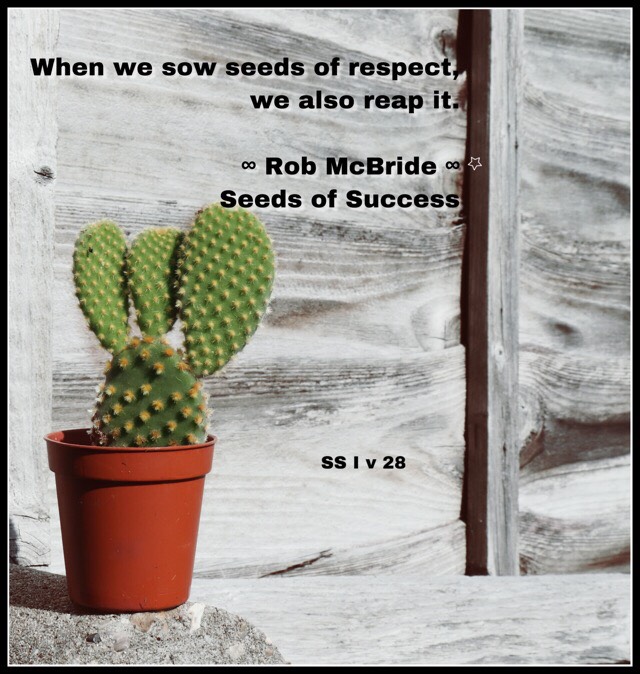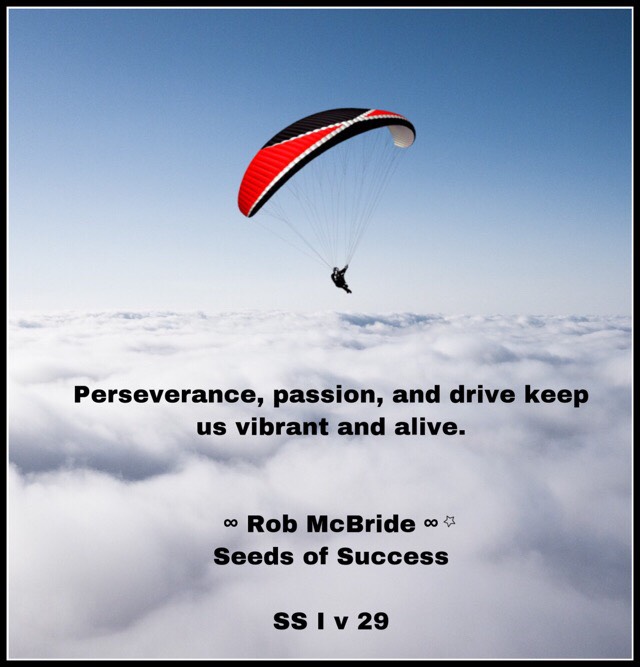The Circle of Life – My first grandson is born

A new day comes with the dawn of the early morning sun
Then it disappears silently as dusk sneaks upon us
A seed germinates in the moisture and the warmth of the earth
Bringing forth into the world a fabulous new sprout
A flower spreads its delicate petals towards the sky
Then sheds them randomly as they mature
A new babe is born from the womb of his mother
Starting the clock on his non-stop trek
The circle of life is never-ending
It converts what seems to be temporary
Into a wondrous magical eternity
∞ Rob McBride ∞
22 Sep 2019
Lunar Letter / Borderline to Perfect
While some things merit striving for perfection, others don’t warrant such aggravation. Mathematics, science, and engineering tend to be areas benefiting from getting as close to perfection as possible.

Nevertheless, stressing too much to try and achieve “perfection” can be counter-productive. Perfectionism can become a controlling obsession. Let’s look at several everyday areas where “borderline to perfect” may actually be preferable.
Cleaning: Have you ever noticed how housework seems to be never-ending? Dust, dirty clothes, and “stuff” in general seems to reproduce exponentially. Does it really make sense to make sure everything in our home is immaculate before continuing with our day? If we were to do so, we might not achieve anything else, not only for a particular day, but perhaps for weeks, or even months, depending on our previous diligence with regards to cleanliness.
Rather than striving to have everything perfect, we can make our bed, clean areas which are most visible, and clean the dishes. It’s amazing how a few critical tasks can make our environment look nice, even when it’s not spotless. A time will come when a deep cleaning will likely be necessary, but from day to day we can do simple maintenance to keep our home clear of clutter, even if there happens to be some dirt in the corners. Then we can get out into the world and live life, or just take a nice long nap, instead of striving to eliminate every speck of dust and dirt from our surroundings.

Sales: Make no doubt about it, selling is an art and to perfect it, can take a lifetime. I have seen certain people who spend so much time perfecting their sales pitch that they never actually get out to talk to potential customers. It’s important and necessary to know our product, it’s benefits, and how we can best serve our clients; but in my experience the salesperson who talks to more people in a day, even with an “imperfect” approach, normally sells circles around the one who stays in the office because they don’t have their sales pitch quite “perfect.”
Personal Relationships: We are emotional beings inside imperfect bodies. While the human body is pretty amazing, we are constantly reminded it is not perfect when we get sick, don’t feel well, or are otherwise hampered by our emotions. Rather than trying to please all of the people all of the time; we can give our greatest effort gratifying those who are most important to us.
We can be kind and courteous to the rest, but is it really worth the extra time and effort to strive to make everyone happy with what we do? Even when do our best to please those we love, we are likely to come up short from time to time. This doesn’t make us “bad” people, it simply confirms our human condition.

Learning to let go of perfectionism can positively impact our lives, as well as that of those around us. When we realize the universality of the concept of yin and yang —where there is a little bit of bad in all that is good and a little good in all that is bad—, we can embrace the fact that being borderline to perfect is often as good as it gets, and indeed a great place to be, regardless of where we happen to be.
∞ Rob McBride ∞
LL IV 50
Seeds of Success / Book I, Volume vii
Lunar Letter / Phases
While their are many different ways we can analyze life, there seem to be three phases which mark it. I break them down like this:

- We Prepare
- We Produce
- We Enjoy
The transition from one to another is seldom a hard line, though sometimes it is. When we graduate from high school, college, or trade school, we often leave our Preparation phase in the past.
Thus begins the second Productive phase of our life, where we do whatever it is we are going to do, though granted sometimes we prepare for one thing and end up doing another. Some are doctors, others are dancers; some practice law, others are engineers; an even larger quantity are laborers of different types, some with a steady salary, others who live hand to mouth; some are street sweepers, and someone needs to pick up the trash; some need to govern, and others to keep the peace. We all do something in life.

Sometime during or after the second phase, often without realizing it, comes the third phase to Enjoy what we have done in the other two. This does not necessarily have to be retirement. It could be simply looking at work in a different light. When we start enjoying what we do more than the money it provides, we shift into the third phase of our lives. Many call these the Golden Years, because they should be filled with wealth, both financially and emotionally.
If we continue to think about these phases, we find the following:
Ironically as youngsters we often want to get out of the Preparation phase and into the world as soon as possible, though in retrospect these first years of our lives are often among our most carefree and fancy free since we usually have few responsibilities. Maybe we shouldn’t be so anxious to get our children “growed and out of the house,” opting instead to make sure they have the tools they will need to defend themselves well in the world. Maybe it would be best to assure they choose something to do in life that they like, while also giving them the possibility to provide for their needs.
Obviously, many do exactly this, and this is terrific because after all, our well-being may very well depend on our children, though this isn’t always the case. Let’s do our best to make sure they are well prepared for life before moving on the the Productive phase.
In this second phase, it seems many simply go through the motions in order to get to the third stage. In many places around the world, this means working from the time we are out of school until we are 60 or 70, so that we can retire on a hope and a prayer that we might get a pension check. In other parts of the world people retire earlier, but their challenges tend to be similar.

Why wait so long to shift into this last phase where we Enjoy what we did in the others?
When we love what we do and are passionate about it, we can move into the third phase soon after having entered the second!
Sure, it is much easier to enter into this last phase if we are debt-free and have few obligations, but it isn’t absolutely necessary. When we can get up in the morning and do pretty much what we want, whether it being going out into the world to work, or staying home, then we are well on our way to accelerate the process.
It’s not necessary to work 40 or 50 years in a dead-end job we hate, just in order to retire after so much time and hopefully have “few good years.” Instead, we can look to engage ourselves in an activity which we would do even if we weren’t paid for it, and then find somebody who will pay us well to do it.
The third phase to Enjoy what we have done is not about retiring, sitting on our ass, and watching TV or swaying in a hammock all day; rather in getting up each day and doing the best we can in the phase we are in to make each day a great day, without basing this on our chronological age. After all, age is simply a number, not an emotional state.
∞ Rob McBride ∞
LL IV 49
Lunar Letter / The Truth

There is only one truth, and anything varying from it, is simply somebody’s particular interpretation of it. As such, truth is absolute, but our perception often makes it relative.
That is why two people can bear witness to the same event and give different testimony as to what happened. To avoid subjective factors determining the truth in a trial, cameras are now frequently used since with them we can determine in an instant the veracity of the testimony, find out “who dunnit,” and put them behind bars.

Nevertheless, “twisting the truth” is done for many reasons, though mostly for convenience rather than for matters of life or death. We alter, change, or twist the truth to impress someone, perhaps to cover an error, or maybe because we are in dire straits and telling the truth means things will only get worse.
Nevertheless, the truth holds firm, it is unbending.
Being this the case, let’s consider how we are able to manage the truth, as it relates to others, as well as ourselves.
Perhaps even more important than the “truths” others tell us about themselves, are those we tell ourselves.

- How is our daily conversation with ourselves?
- Are we being honest and speaking the truth when we see ourselves in the mirror and evaluate our path in life?
- Are we really doing the best we can do in school, work, and our relationships?
- When we look in the mirror, what are the hard truths we tell ourselves about what we can do better, and what are the lies we tell to soothe our soul?
We all have weaknesses, errors with no expiration date, and blind spots which can cloud everything. Let’s give ourselves the opportunity to believe more in ourselves, telling the truth about the weaknesses we can work on, as well as the strengths we can empower.

When someone tells us they did something, we can take it at face value, realizing it may or not be true. More important than what others tell us about themselves is what we tell ourselves when we take stock of our progress, making sure we give an accurate account of the truth and not a twisted interpretation of it.
∞ Rob McBride ∞
LL IV 48


